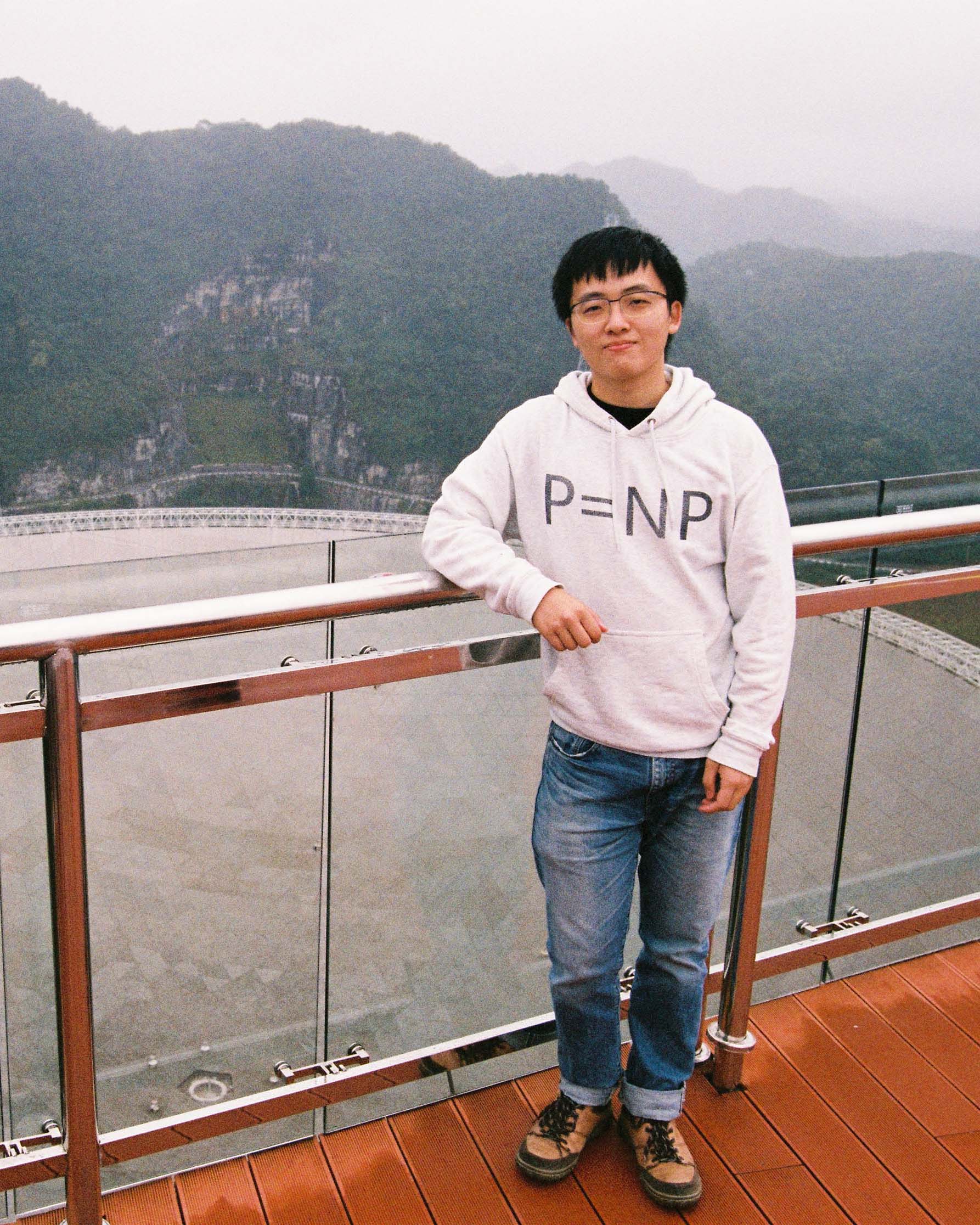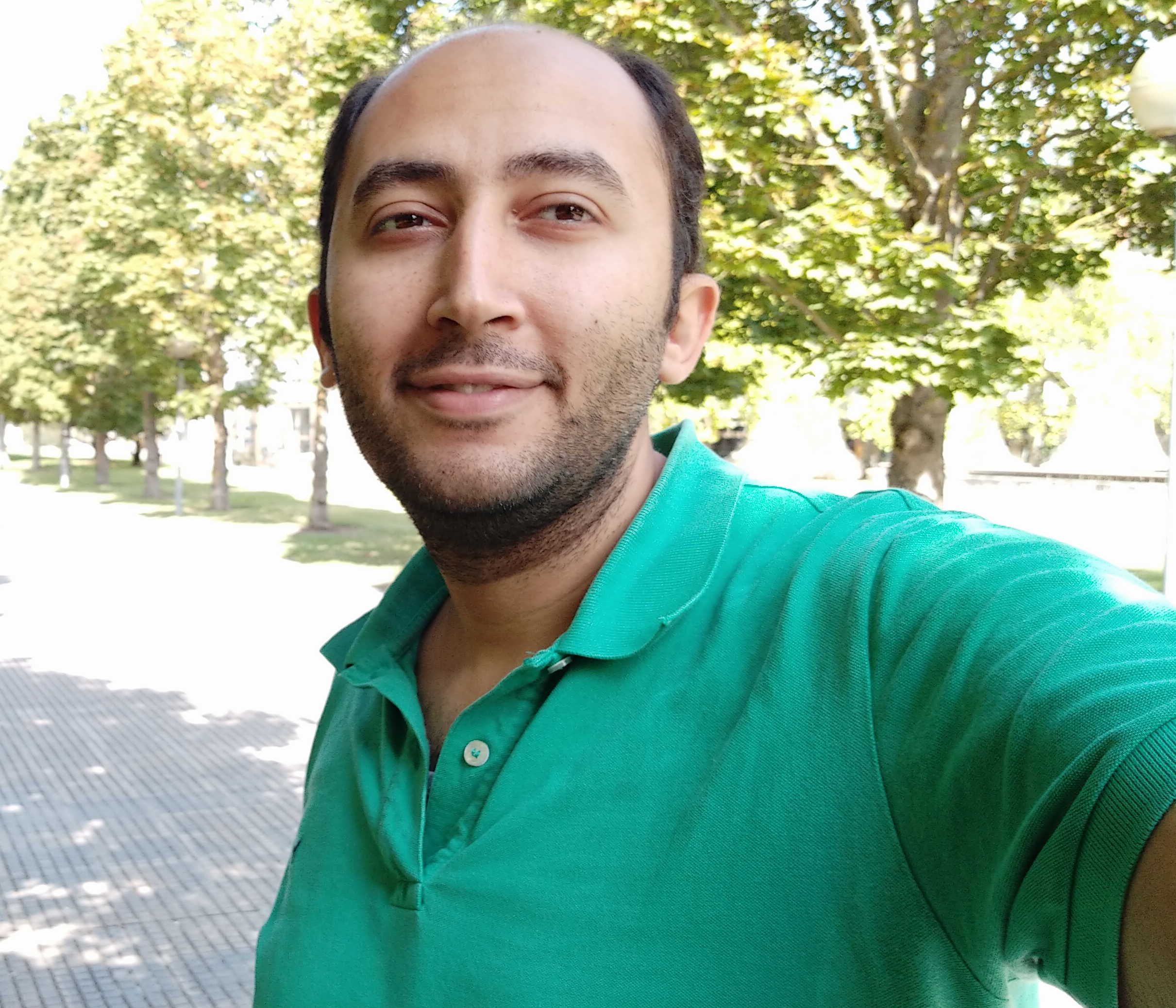The CarbonFirst Project focuses on making cloud and edge computing sustainable and carbon-free. While the cloud’s energy demand grew more slowly than expected over the past decade due to aggressive energy-efficiency optimizations, there are few remaining optimization opportunities using traditional methods.
As a result, moving forward, the cloud’s exponential growth will translate more directly into exponentially rising energy demand, which will position it as one of the primary contributors to global carbon emissions. To address the problem, this project elevates carbon-efficiency to a first-class metric in designing carbon-efficient clouds that can enable continued exponential growth.
Overview
The project’s foundation focuses on developing a software-defined energy virtualization layer that provides applications visibility into, and control of, their own energy and carbon usage. The project will then leverage this foundation to develop a number of higher-level systems abstractions for developing and supporting carbon-efficient applications at different geographical scales: local edge, regional edge, and global cloud.
The project will deploy a prototype of its carbon-efficient systems and applications at the Massachusetts Green High Performance Computing Center (MGHPCC), a 15MW production data center, and the MassZero testbed, a co-located experimental edge computing facility powered by a co-located 6kW solar array and 25kWh of controllable Lithium-Ion batteries.
Read More at CarbonFirst.org.
Representative Publications
-
CarbonScaler: Leveraging Cloud Workload Elasticity for Optimizing Carbon-Efficiency
Walid A. Hanafy, Qianlin Liang, Noman Bashir, David Irwin, and Prashant Shenoy.
Proceedings of the ACM on Measurement and Analysis of Computing Systems (POMACS); Also Proc of ACM Sigmetrics’24, Dec 2023.
PDF -
On the Implications of Choosing Average versus Marginal Carbon Intensity Signals on Carbon-aware Optimizations
Thanathorn Sukprasert, Noman Bashir, Abel Souza, David Irwin, and Prashant Shenoy.
In Proceedings of 15th ACM Conference on Future Energy Systems (ACM e-Energy), Singapore, Jun 2024.
PDF -
The Online Pause and Resume Problem: Optimal Algorithms and An Application to Carbon-Aware Load Shifting
Adam Lechowicz, Nicolas Christianson, Jinhang Zuo, Noman Bashir, Mohammad H. Hajiesmaili, Adam Wierman, and Prashant J. Shenoy.
Proceedings of the ACM on Measurement and Analysis of Computing Systems (POMACS); Also Proc of ACM Sigmetrics’24, Dec 2023.
arXiv -
CASPER: Carbon-Aware Scheduling and Provisioning for Distributed Web Services
Abel Souza, Shruti Jasoria, Basundhara Chakrabarty, Alexander Bridgwater, Axel Lundberg, Filip Skogh, Ahmed Ali-Eldin, David Irwin, and Prashant Shenoy.
In Proceedings of the 14th International Green and Sustainable Computing Conference (IGSC), Toronto, ON, Canada, Oct 2023.
PDF -
Ecovisor: A Virtual Energy System for Carbon-Efficient Applications
Abel Souza, Noman Bashir, Jorge Murillo, Walid Hanafy, Qianlin Liang, David Irwin, and Prashant Shenoy.
In Proceedings of the ACM Architectural Support for Programming Languages and Operating Systems (ASPLOS), Vancouver, Canada, 2023.
PDF









